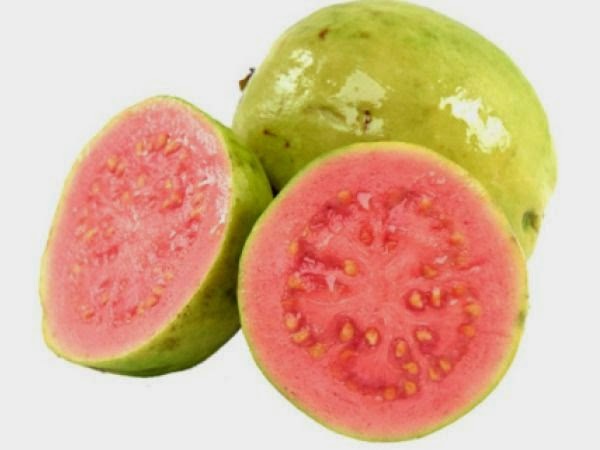Pomegranate
fruit – Medicinal value
A
pomegranate is a fruit that is very rich in nutrients and popular around the world. The fruit originated in areas of
Northern India, Pakistan, Iran and Afghanistan. Pomegranates are filled with
more antioxidants like punicalagin . Pomegranates contains vitamin C and high amounts of vitamin K that helps to support bone health and
vitamin B5 that helps the body metabolize, protein, carbohydrates and fats.
Manganese of pomegranates helps to form bone structures during the metabolic
process and potassium that helps to maintain cellular functions and balance
fluid levels.
Pomegranates are high in phosphorus, magnesium, calcium, zinc and
iron. There is very little fat in a pomegranate and it does not contain
cholesterol. Pomegranate protects the epidermis and dermis by encouraging skin
cell regeneration, aiding in the repair of tissues, healing wounds and
encouraging circulation to skin that is healing. The oil of a pomegranate
contains the antioxidant ellagic acid that can help to inhibit skin tumors to
protect the body from skin cancer. Slow Aging. Pomegranates can help to prevent
hyperpigmentation, age spots, fine lines and wrinkles that are often caused by
sun damage. Pomegranates eliminate Free Radicals.
The high levels of antioxidants like
hydrolysable tannins or polyphenols in pomegranates help to minimize the
effects of free radicals and remove free radicals from the body. Pomegranate
juice can act as a blood thinner and helps to remove plaque from the arteries that
will help to minimize the risk of arteriosclerosis. Consuming pomegranate juice
can help lower LDL cholesterol and increase HDL cholesterol to improve heart
health and reduce the risk of cardiovascular problems. Pomegranate juice helps to secrete
enzymes with anti-bacterial properties that aid digestion and help to fight off
hemorrhoids, nausea, dysentery, intestinal parasites, piles and diarrhea.
The
high amounts of iron in pomegranates will raise hemoglobin levels in your blood
to help correct anemia. The anti-inflammatory properties of pomegranates stems
from its high vitamin C content that will help to manage asthma, sore throat,
cough and wheezing. making it easier to lose weight. pregnancy. It has also
been found to increase blood flow to the baby which reduce she risk of brain
damage. derives
from the French word “pomegranate” or seeded apple.
They are believed to have
originated in Iran and brought to Egypt in 1600 BC, where it was not only
revered as an important food source but was also widely used for its medicinal
value. It was held in high esteem even during those times, as it is evident by
their depiction in Egyptian paintings and tombs. Inspired by the abundance of
jewel toned seeds within the bright red rind, pomegranate is considered to be a
symbol of fertility and prosperity in some cultures. Pomegranates are also
known to reduce high blood pressure. Pomegranate juice has strong
anti-bacterial and anti-microbial properties which help fight viruses and
bacteria and boost our immunity system.



































